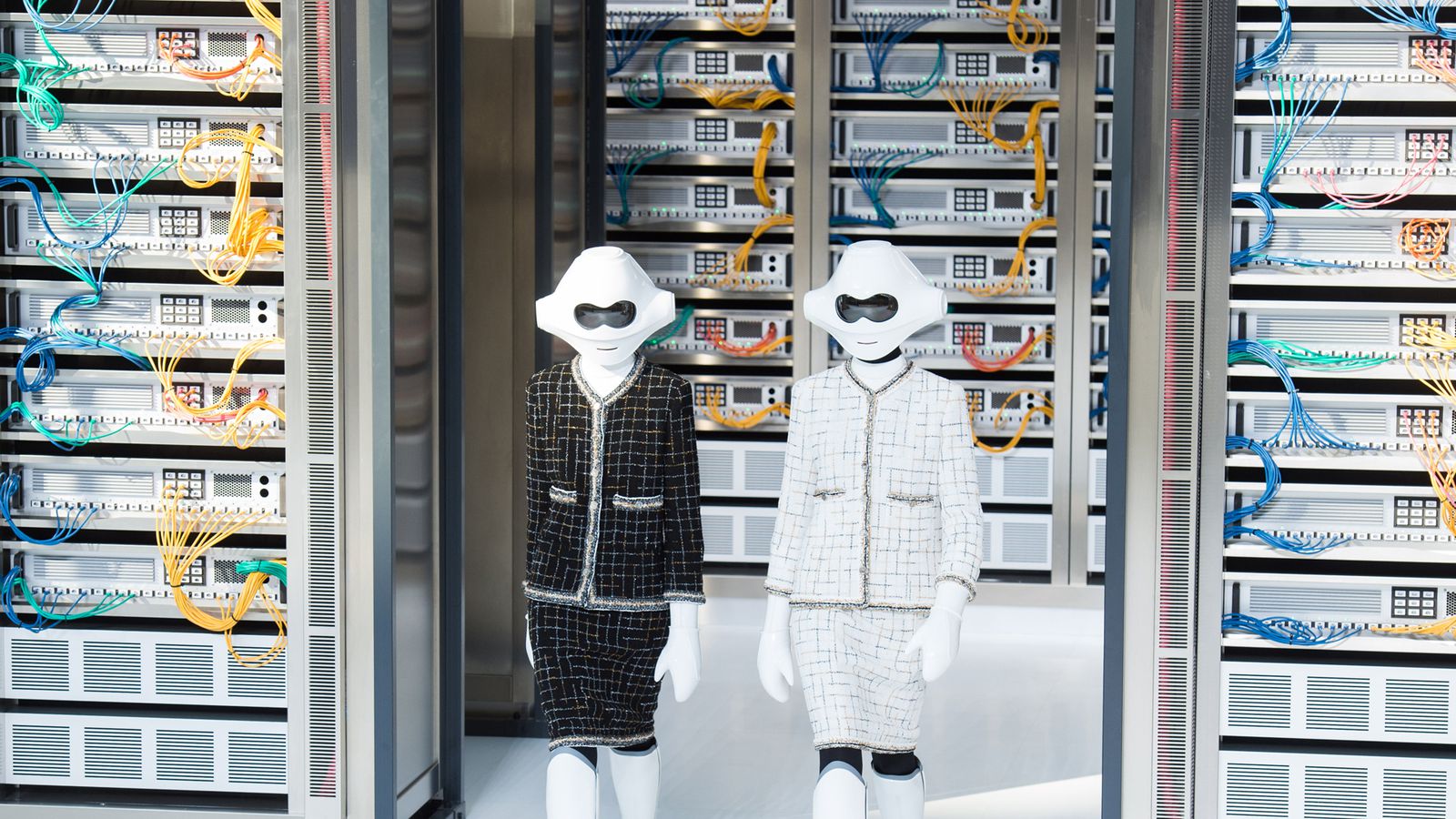
This week we are releasing our customer experience predictions for 2017. Yesterday we predicted that in 2017, millennials will be susceptible to a new incarnation of they pyramid scheme specifically targeted at their desire for authenticity and autonomy, today we are talking robots.
Robots Will Rule the Runway: By Replacing Humans, Robots Might Make the Fashion Industry More Humane
Over the past several years we have seen machine learning transform the retail ecommerce industry, empowering companies to make radical use of data to better understand patterns in purchasing and human behavior to drive decision making. More recently, robots have taken things to the next level, now doing everything from retrieving products and taking inventory to responding to customer inquiries.
In 2017, expect to see a new generation of robots who don’t just help retailers sell their products, but actually create the products retailers are selling.
In fact, both major and smaller brands are already in the game of robot-made goods. Earlier this year, Adidas’ robotic shoe manufacturing plant opened in Germany, debuting its first robot-made shoe in September. In 2017, Adidas plans to open its second robot-run manufacturing plant in Atlanta and projects that by the end of the year, robots will have produced 50,000 pairs of shoes.
And while everyone is anxious about robots taking human jobs, robot manufacturing, especially in the fashion industry, isn’t all bad. Not only will robot made shoes help Adidas cut costs in overseas production, but robots will also allow for a greater level of customizability for customers at a cheaper price. Finally, just as Adidas is opening a US-based factory, bringing with it 169 human jobs, as robots become more commonplace, brands are more likely to move production to the US–cutting down on the need for overseas labor, but creating jobs at home and bringing products closer to the customer.
For some smaller retailers, robot made goods are the heart and soul of their businesses strategy, believing that shifting manufacturing to robots will transform the fashion industry and make it more humane. One such company is Thursday Finest, a Brooklyn startup that brands itself as the new “fast fashion” and is using robots to “change the way clothing is manufactured and treat the customer better”.
It’s a simple idea made possible by a technology that still seems like something from the future–robots that can knit you a custom scarf. When you visit the Thursday Finest website you can choose from a few basic accessories—socks, hats, neckties, and scarves—choose the fit, pattern, and color you desire, and their 3D-knitting robot will knit your accessory on the spot and ship it to you within a few days. This fast-fashion model creates a customized experience for the buyer that’s not only pleasurable, but sustainable—radically reducing time to market for products and eliminating waste in the form of unsold clothing and throw-away samples. The other perk is quality. While you might pay a little more for your custom necktie from Thursday Finest than you would a traditional retailer, you can be assured it will fit to perfection, be made from high quality wool, and the colors will be just right. All thanks to a robot.